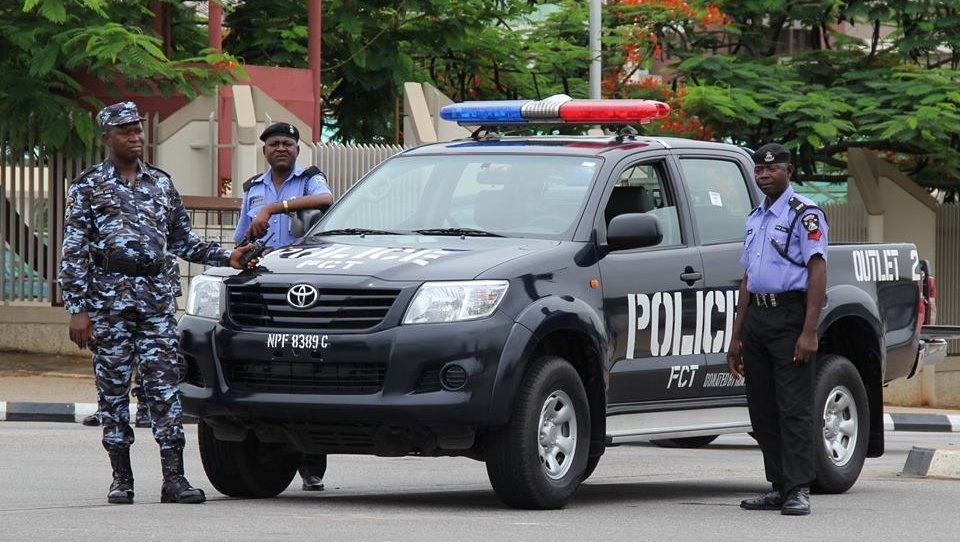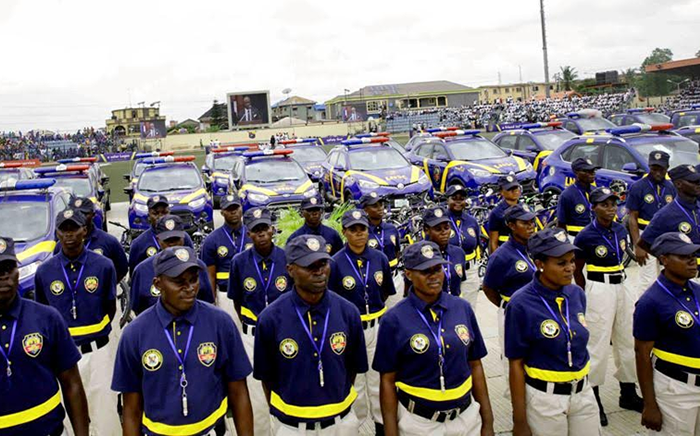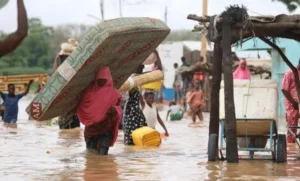
Abuja, Nigeria – July 2025 – From the forests of Zamfara to the streets of Jos, the creeks of the Niger Delta to the highways of Kaduna, Nigeria’s security challenges have grown more complex, widespread, and deadly. Despite years of military campaigns, peace talks, and intelligence operations, the country remains plagued by banditry, terrorism, kidnapping, oil theft, and communal clashes. For many Nigerians, the question now is not whether we have security forces — but whether their strategy still works.
As violence mutates and new threats emerge, security experts, citizens, and civil society groups are calling for a total overhaul of Nigeria’s security architecture.
A Fragmented Battlefield
The nature of insecurity in Nigeria today is diverse and region-specific:
- Northwest: Bandits attack villages, abduct students, and extort farmers.
- Northeast: Boko Haram and ISWAP continue to stage deadly ambushes.
- Middle Belt: Communal clashes and farmer-herder conflicts claim hundreds of lives yearly.
- South-South: Oil bunkering, piracy, and militant violence drain the economy.
- Southeast: Separatist tensions and targeted killings disrupt businesses and governance.
- Southwest: Cult-related clashes and urban robbery persist, despite better policing.
This multi-headed crisis has stretched the capacity of Nigeria’s security agencies, many of which remain underfunded, poorly coordinated, and reactive rather than preventive.
What’s Not Working
Despite billions in defense spending, the results on the ground remain worrying. Soldiers are over-deployed, the police are overwhelmed, and intelligence sharing is limited.
“Security in Nigeria is still largely fire-brigade,” says security analyst Kabir Adamu. “We wait for attacks before responding, instead of stopping them before they happen.”
Many communities feel abandoned, relying on vigilante groups and local hunters for protection. While these efforts offer short-term relief, they can also spiral into extrajudicial killings and rival militia groups.
The Human Cost
Beyond military statistics, the real toll is on ordinary Nigerians: children forced out of school by kidnappings, farmers abandoning crops due to fear, entire families wiped out by overnight raids.
Over 4,000 people were killed by violent attacks in the first half of 2025 alone, according to local trackers. Internally displaced persons (IDPs) now number over 3 million, with hundreds of thousands living in poor conditions across the North.
“The roads are not safe, the farms are not safe, even our churches are not safe,” says Esther, a trader in Plateau State. “What are we supposed to do—pray and wait to die?”
What Needs to Change
Experts and community leaders are pushing for a new approach based on intelligence, technology, and trust:
1. Decentralized Policing
Allowing states to operate local police forces—community-based and culturally familiar—will improve response times and intelligence gathering. A single, federal police structure can no longer meet the country’s diverse needs.
2. Modern Surveillance Technology
From drones to facial recognition and satellite mapping, the government must invest in modern tools to monitor high-risk areas and detect threats in real time.
3. Security Sector Reform
Accountability is key. Cases of abuse, corruption, and rights violations by security agents must be swiftly prosecuted. Discipline within the ranks will improve public confidence.
4. Tackling Root Causes
Unemployment, poverty, illiteracy, and marginalization feed insecurity. Investing in youth empowerment, rural development, and inclusive governance will reduce the pool of recruits for criminal groups.
5. Community Partnership
Security must be collaborative. Involving traditional rulers, religious leaders, and civil society in local security planning can lead to more sustainable solutions.
A Call for Political Will
All the strategies in the world will mean little without consistent, courageous political will. Nigeria’s security woes cannot be fixed with press statements or emergency budgets. They require a long-term, non-partisan commitment across governments.
As President Tinubu noted earlier this year, “We must rebuild not just the strength of our forces, but the trust between citizens and the state.” That rebuilding must start now.
Final Word
For Nigeria to grow, attract investors, and secure the dreams of its youth, peace is not a luxury—it is a necessity. A new approach to security isn’t just about new weapons or uniforms. It’s about new thinking, new policies, and a new commitment to protecting every Nigerian life—rural or urban, north or south.
Because without security, there is no future.










